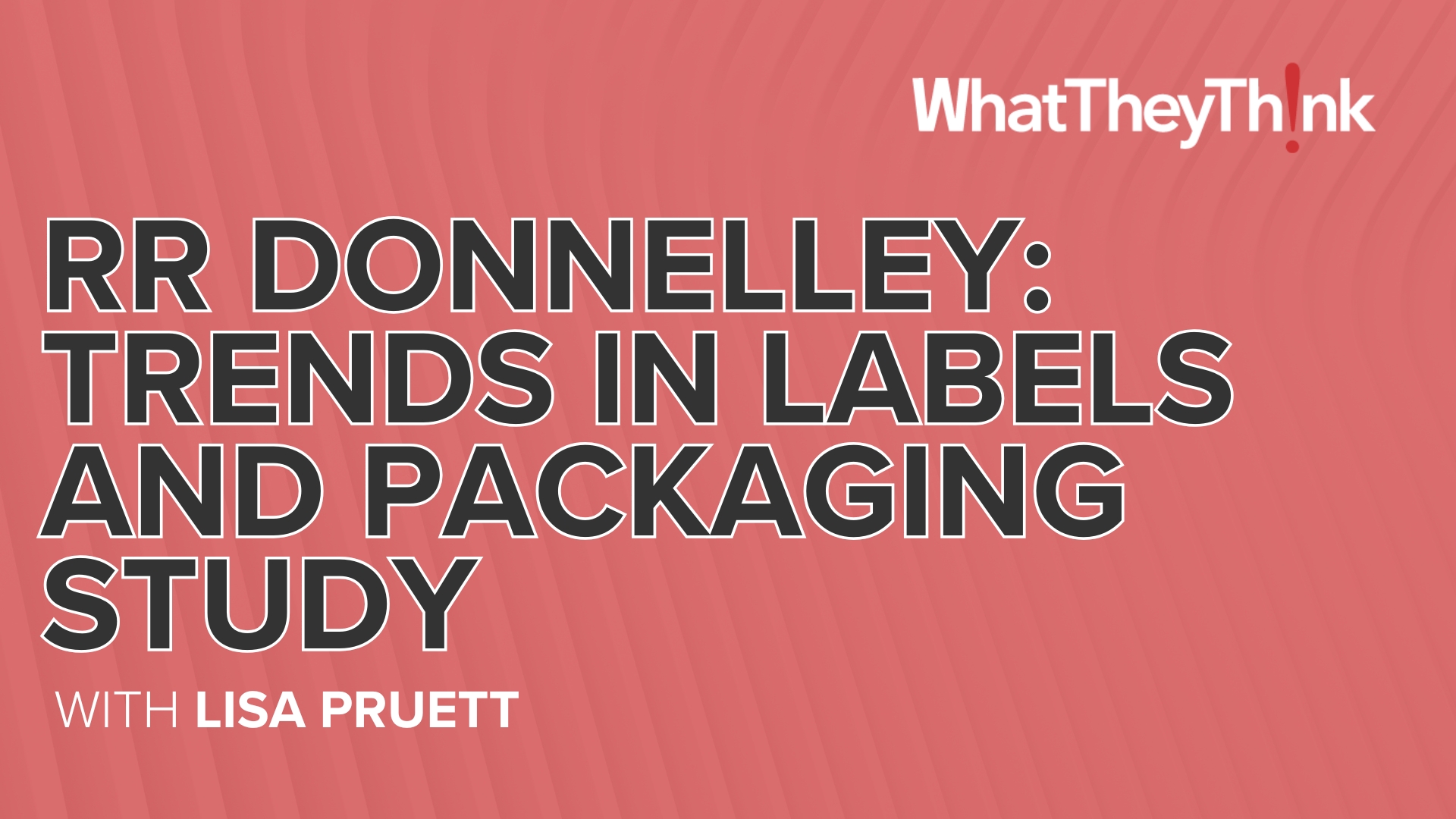An obscure provision in the 2005 Transportation Bill passed by Congress and signed by George W. Bush has allowed the paper industry to reap millions of dollars in tax subsidies for adding diesel fuel to processes that do not require it for the production of paper.
The Nation's Christopher Hayes reports:
Thanks to an obscure tax provision, the United States government stands to pay out as much as $8 billion this year to the ten largest paper companies. And get this: even though the money comes from a transportation bill whose manifest intent was to reduce dependence on fossil fuel, paper mills are adding diesel fuel to a process that requires none in order to qualify for the tax credit. In other words, we are paying the industry--handsomely--to use more fossil fuel.
Beware the scourge of the unintended consequence? With public scrutiny over TARP funds at a fever pitch, how long will such contrived practices last? Of course, Hayes does point out another unintended consequence that could benefit printers: paper mills will likely be over-producing to take maximum advantage of the tax credit and this will likely drive down paper prices. Given the circumstance, it'd be hard to argue for such a thing.















Discussion
By Michael J on Apr 06, 2009
As transparency keeps moving through government it's going to get nasty. Hopefully the big players will see the writing on the wall and change practices before the going really gets rough.
Last week, I found an article about Xerox and the NYC Board of Education. It's not a pretty story. My bet is that nobody did anything "wrong." They were just doing business by rules that are quickly disappearing.
http://cityroom.blogs.nytimes.com/2009/04/01/city-comptroller-william-c-th/
Here's a snippet:
"In blistering testimony before the City Council’s Education Committee, Mr. Thompson, a candidate for mayor, said a review by his office had found that over the past two fiscal years, the sum of certain contracts had ballooned to $1 billion from initial estimates of $325 million. That includes one contract with Xerox Corporation that was initially projected at $1 million and came in at $68 million, he said."
I think if you dig into it, turns out that the over run was only $38 million. But still . . .
By Caitlin on Apr 07, 2009
All of the articles just seem to rehash Hayes', so allow me to share a few more unintended consequences... Something that's come up as more mills get this up and running is that the (very small amount of) added diesel increases the Btus in fuel added to the recovery boiler, increasing efficiency, which has the added bonus of reducing emissions. The increased efficiency has in some cases helped reduce purchased power slightly. And, y'know, the mills can stay afloat and pay their employees. Always a good thing.
By Jeanette C on Apr 08, 2009
I wouldn't get too excited about excesses in the paper industry. If it makes you feel better, they're pretty much going broke. Doubt they'll over-produce, though. Most are taking "downtime" at their mills; they can't move the inventories they've got.
Many also are considering developing "bio-fuels" instead of making paper anymore. So I wouldn't worry too much about diesel fuels, either. Almost the only thing you can do with forest products anymore is burn them.
By Eric Vessels on Apr 08, 2009
Thanks for the comment Jeanette. I guess it's not so much being worried about excesses as it is the use of a tax loophole that seems essentially wasteful. Converting to making biofuels is actually pretty smart. I'd rather see them market it rather than add it to a process that doesn't require it to get a tax break.
Discussion
Only verified members can comment.